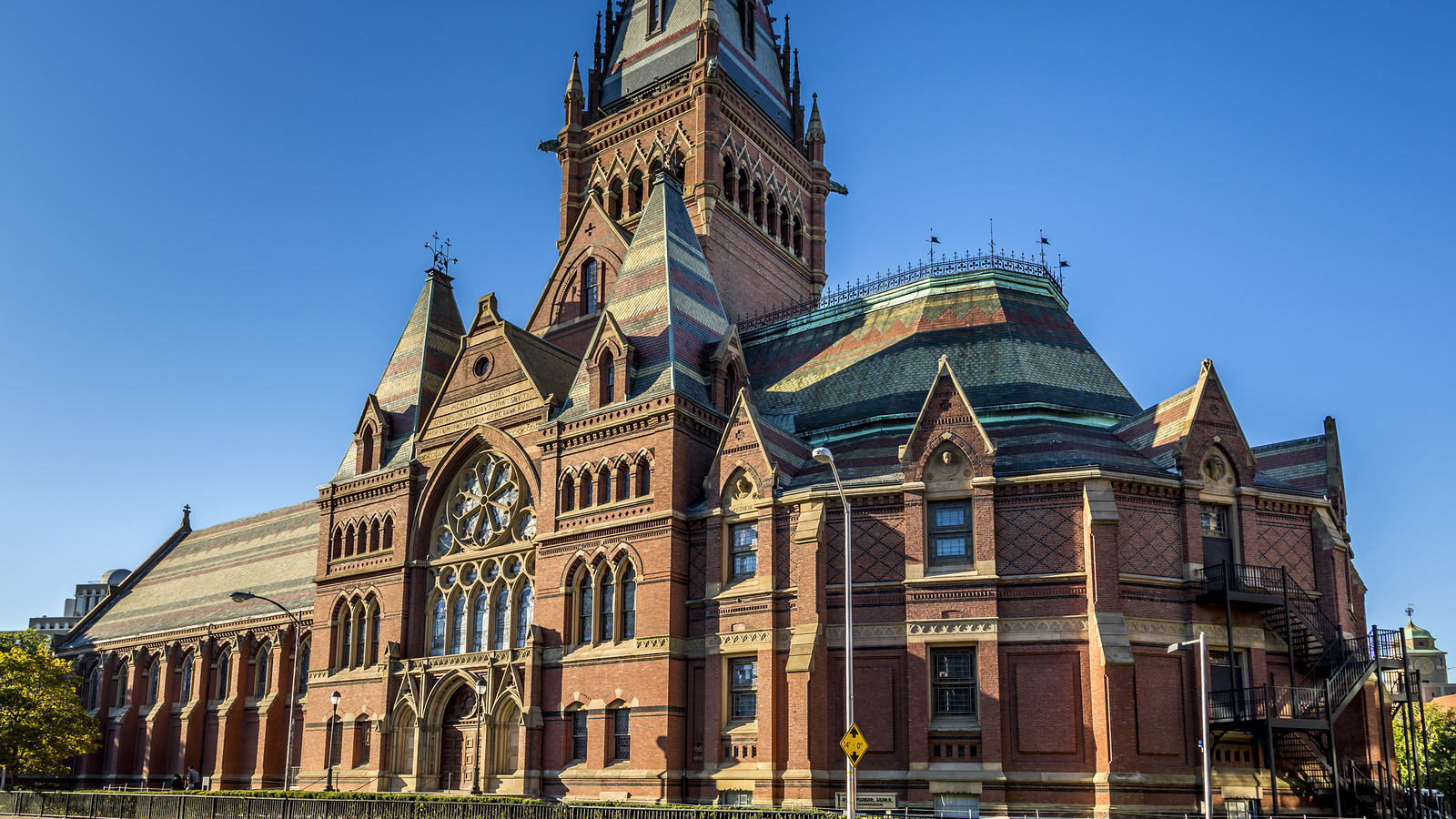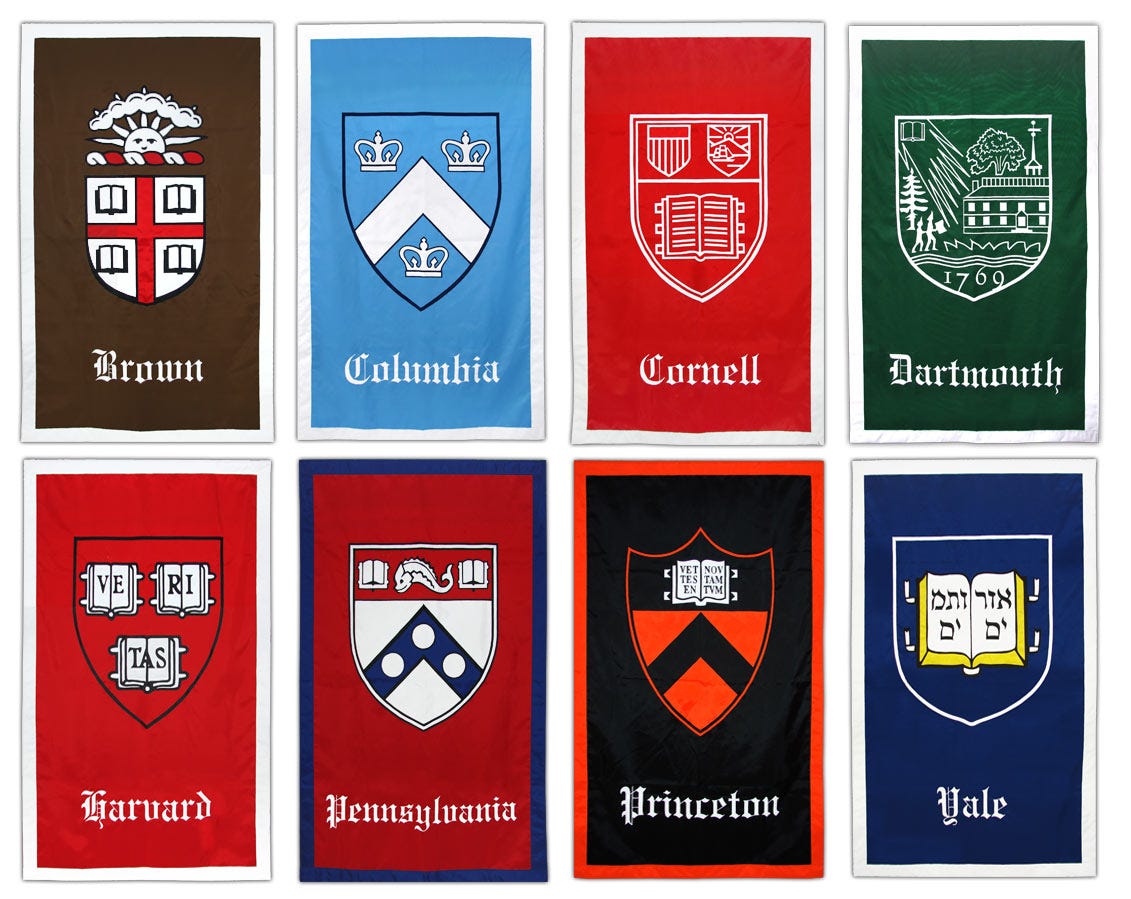The College Board recently announced that beginning in 2024 the SAT will soon be taken exclusively on a computer. The exam will be complete on laptops or tablets at testing centers and will be two hours rather than three hours in duration. The College Board is trying to retool the exam faced with questions about whether college admissions tests are fair, or even necessary. A number of colleges and universities have eliminated the requirement to submit scores from the SAT or ACT. "Test-optional" admissions policies accelerated greatly during the COVID 19 pandemic.
More than 1,800 schools did not require standardized test scores for 2022 admissions. SAT test-takers declined from 2.2 million 2020 high schoolers graduates to 1.5 million in 2021, according to the College Board. Year-to-date, about 1.7 million students who will graduate this year have taken the test. The College Board will also allow calculators to be used for the entire math section, reading passages will be shortened and reflect a wider range of topics.
In pilot runs conducted in 2021, 80 percent of the student sample group reported the digital tests to be less stressful. Laptops or tablets will be provided for students who need them. In recent years, the SAT has come under increasing criticism being seen to handicap poor and minority students, partly because they may not have access to expensive test preparation classes. In response, the College Board has said that SAT scores serve to strengthen the applications of many students whose GPA does not reflect their academic but they test well.
For high school students faced with college admission decisions, the question is not the format of standardized testing, but whether to take it at all as the number of schools switching to test-optional policies increases. There are over 3,500 colleges and universities in the United States. As was stated earlier in this post, today about 1,800 do not require standardized test scores.
Almost half of our institutions still require standardized tests. The prudent approach is to take the SAT and or the ACT and have those scores on the shelf. The worse scenario would be to find yourself at application time and realize that one or more of the schools you are applying to want to see test scores.
If you don't need the scores, you've given up a Saturday morning. To Post or Not to Post, It's a Complicated Question Social media is a topic not dealt with extensively when discussing College Admissions. The fact is social media has invaded college admissions as more and more admissions officers are turning to social media to get information about prospective students.
Your activity in social media can hurt or help your chances of getting accepted. Here are some suggestions on managing your social media profiles so they work for you rather than against you. The about section on social media offers several areas where you can showcase your individualism and appeal to college admissions officers.
Include activities in which you are involved, such as volunteering, fundraising for charities, playing sports, playing instruments, etc. Keep the fun stuff and add titles that will display your intellectual side, such as those enjoyed from your high school English classes. Be smart with your photo albums and tagged photos on Facebook.
To really impress, create albums that demonstrate your academic and extracurricular activities. Don't be embarrassed to post pictures of yourself at a recent awards ceremony. You can also post pictures of yourself hanging out with friends but be sure to choose ones that don't incriminate you in any inappropriate or illegal activities. Make sure your friends do not tag you in these kind s of pictures either. The best policy during the admissions period – don't display questionable photos, even on the private side of your page.
You can make your social media pages entertaining and keep them clean at the same time. You want admissions counselors to view you in a positive light, so ditch any apps that are in poor taste. Never post negative content on your profile, especially about the admissions process or specific schools.
Many admissions counselors look at your postings and may place more emphasis on what you write than the pictures you display. Don't bash the admissions process on your status updates or discuss it with your friends via wall postings about which schools are better than others, etc. Doing so will only make you look pessimistic in the eyes of the admissions counselors.
Obviously, you should like the pages and posts of colleges that you are interested in attending. This will show that you are interested in the schools and their campus activities. Illustrate your diversity to college admissions officers. Be sure to like a variety of pages of your favorite activities, authors, music, etc. Because most high school students have a social media account, it's no wonder that college admissions officers use this social networking to gather more information about applicants. College admissions is a very competitive process, so you should use every avenue to your advantage.
It is essential to understand the financial and personal implications of selecting the wrong college to attend. An incorrect choice can be based on personal bias, misinformation, or poor advice from others. Choosing the wrong school is the primary driver for poor academic results.
The fact is, the school's pedigree does not determine the student's success. Where a student went to college is not a major consideration by potential employers. Applying to college is a very emotional experience for many families. Everyone has a vested interest in the outcome of the admissions process.
It can affect the student's self-esteem and also affect the financial commitment faced by parents. Selecting what colleges to apply to often have little to do with the purpose of higher education. That purpose should be to attain the necessary educational leverage to secure a better paying and sustainable job with greater financial security.
Today thirty percent of first-time college students drop out in their first year. Only thirty-three percent are graduating in four years and worse yet, for some fifty-six percent in six years. The average college graduate changes majors 3 times, accumulating 150 credit hours when most majors require only 120. Advanced planning and an established process can reduce these false starts and missteps? Planning is based on a method referred to as reverse planning. This process starts with deciding the appropriate career direction for the student through assessment and research.
The academic path or college major is easy to identify once we answer the career question. Knowing the academic major, we can then explore the various campus options, ensuring that their needs and wants are met. Finally, we consider the family's financial circumstance by estimating financial aid and the ability to pay as compared to cost. Those elements become the basis for filtering all schools into the few that meet our criteria.
By using reverse planning and asking the right questions, one can dramatically increase the chances of success. Therefore, the parents' money invested, and the student's time and energy will provide a return. It is the second leading cause of death in late teens and young adults in the United States – and it's getting worse. Like many high achieving students, Taylor had underlying mental illnesses. At 18-years-old, he was not used to overcoming adversity. Wallace said her son was so young he hadn't developed "healthy coping mechanisms." His story is tragic, but it's many students' stories.
There is never a sole motivator in a students' decision to take their life. Mental illness, relationship issues, and prolonged stress can influence suicidal ideation. The American College Health Association estimates that more than 10% of undergraduates contemplate suicide. College is a stressful coming-of-age experience for most young adults.
It's the first time people have to cope with life's challenges away from home. This is especially true for individuals like Taylor who attend an Ivy League institution. High school overachievers who've spent their entire lives being exceptional feel average at elite schools, and not in a good way.
Ask any Ivy League grad and they'll probably remember at least one instance of suicide that occurred during their academic career. This is what happens when schools have lethal stress cultures and insufficient mental healthcare. Ivy League schools were once the exclusive territory of social registers.
Today, Ivy League schools are among the most economically and ethnically diverse. Indeed, to whatever extent they aren't, the problem is worse at other schools. Outsiders fall for a horn effect in their perceptions of Ivy League schools.
They equate "selective" with "elitist" and "elitist" with "white". They ignore that around 60% of Ivy students receive financial aid and that the majority of these recipients are white. At Princeton, Harvard or Yale, for example, a student's family might need to earn an excess of $200,000 per year to pay tuition.
Moreover, when people claim they were rejected due to lack of funds, that's generally false. Almost all the Ivies are need blind or, at least, don't base admissions on ability to pay. More likely, people that claim this did not get in or their parents refused to send in the financial aid forms. In actual fact, many students find they get better aid packages from the Ivy League schools than their local state or private schools. In other words, successful Ivy League don't believe out-dated stereotypes, follow "woke" politics or believe Hemingway and Fitzgerald novels still apply. When elite universities boast that they teach their students how to think, they mean that they teach them the analytic and rhetorical skills necessary for success in law or medicine or science or business.
But a humanistic education is supposed to mean something more than that, as universities still dimly feel. So when students get to college, they hear a couple of speeches telling them to ask the big questions, and when they graduate, they hear a couple more speeches telling them to ask the big questions. And in between, they spend four years taking courses that train them to ask the little questions—specialized courses, taught by specialized professors, aimed at specialized students. We are slouching, even at elite schools, toward a glorified form of vocational training.
This system is exacerbating inequality, retarding social mobility, perpetuating privilege, and creating an elite that is isolated from the society that it's supposed to lead. In 1985, 46 percent of incoming freshmen at the 250 most selective colleges came from the top quarter of the income distribution. As of 2006, only about 15 percent of students at the most competitive schools came from the bottom half. The more prestigious the school, the more unequal its student body is apt to be.
And public institutions are not much better than private ones. As of 2004, 40 percent of first-year students at the most selective state campuses came from families with incomes of more than $100,000, up from 32 percent just five years earlier. At the highest level, colleges want 'College Ready' students who will succeed in their studies and beyond. If admitted, will you be able to handle the academic rigor of their classes? Admission Officers also assess your potential as a graduate of their school. The top universities use your grades, academic interests, extracurricular activities, application essays and your letters of recommendation to judge your ability, focus and future potential.
The following factors are crucial for demonstrating your 'College Readiness'. Although Cornell University has the highest acceptance rates of all Ivy League schools, this does not mean that it's an easy school to get into. To be a competitive applicant for any of these eight prestigious institutions, you cannot slack off when it comes to your applications. Start planning your acceptance strategies early, which means studying hard at school and planning ahead for your standardized tests. If you have not been involved in an extracurricular activity since childhood, plan to seriously commit to an activity as early as you can. Choose something you love to do as this will be evident in your application components.
Most importantly, do not choose to go to an Ivy League school for appearances. Choose a program you actually want to attend and graduate from, rather than a program that will look good on your CV. Prestige and social status do not necessarily translate into better educational fit for you. Choose happiness and invest in your education in a school you truly want to attend. It is easy to say "plan ahead", but there is a lot of advantage in knowing what school and program you would like to attend in the future. If you are certain about which school you want to enroll in, it might be wise to apply through the Early Action/Early Decision program.
This way, your deadline for application is earlier, but so is your response date. To utilize this opportunity, you must research your school of choice and determine whether you are a good fit for the program to which you're applying. Early Action programs give you an early answer as to where you stand in the admissions process.




























